195 Montague Street
Suite 1430
Brooklyn, NY 11201
Students with disabilities who are attending a college, university or a graduate or professional school program are entitled to appropriate accommodations to ensure that their programs and activities are fully accessible. The Americans with Disabilities Act (ADA), passed in 1990, is a civil rights law that prohibits discrimination against individuals with disabilities and grants them certain civil rights protections. The purpose of the law is to ensure that those with disabilities have the same rights and opportunities as everyone else. It guarantees equal opportunity for individuals with disabilities in areas such as public accommodations, employment, transportation, state and local government services, and telecommunications.1
Title II of the ADA covers state funded schools such as public universities, community colleges and vocational schools. Title III of the ADA covers private colleges and universities and vocational schools. If a school receives federal financial assistance, all of its programs and services must comply with the regulations of Section 504 of the Rehabilitation Act of 1973.2
Denying a student with disabilities accommodations or modifications in the classroom, on tests or examinations or in university provided housing, denying admission because of his/her disability, or excluding a student from a course of study, educational program, or activity are contrary to both of these laws.
Some examples of modifications or accommodations to a policy, practice or procedure include3:
Students who need accommodations are entitled to them under the ADA and Section 504, but securing them isn’t always easy. If you have had trouble securing the appropriate accommodations or need guidance doing so, we can help.